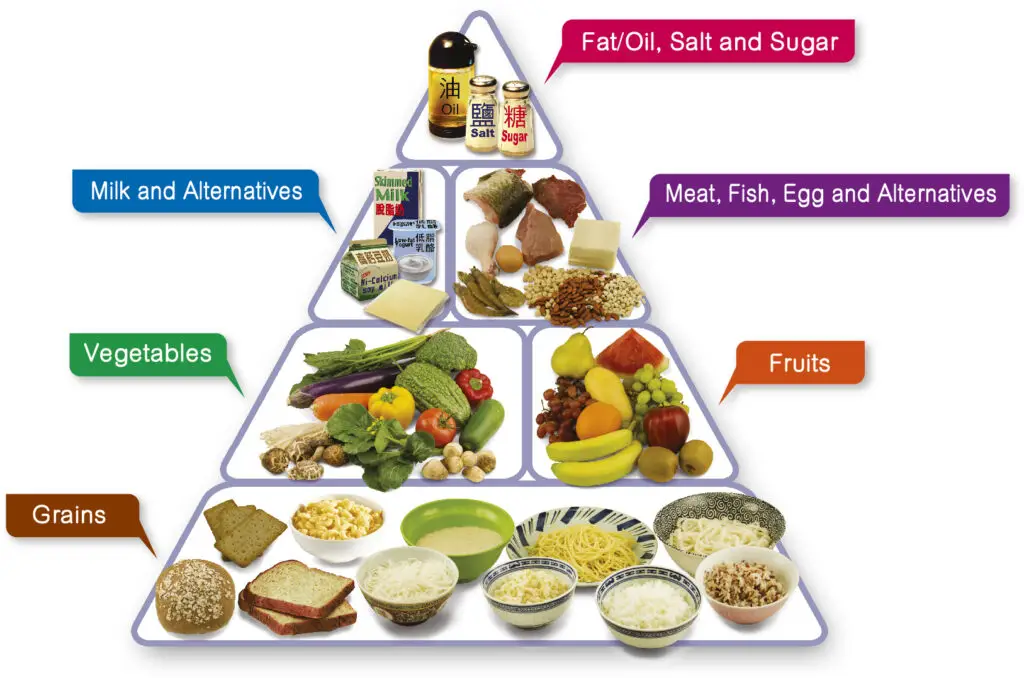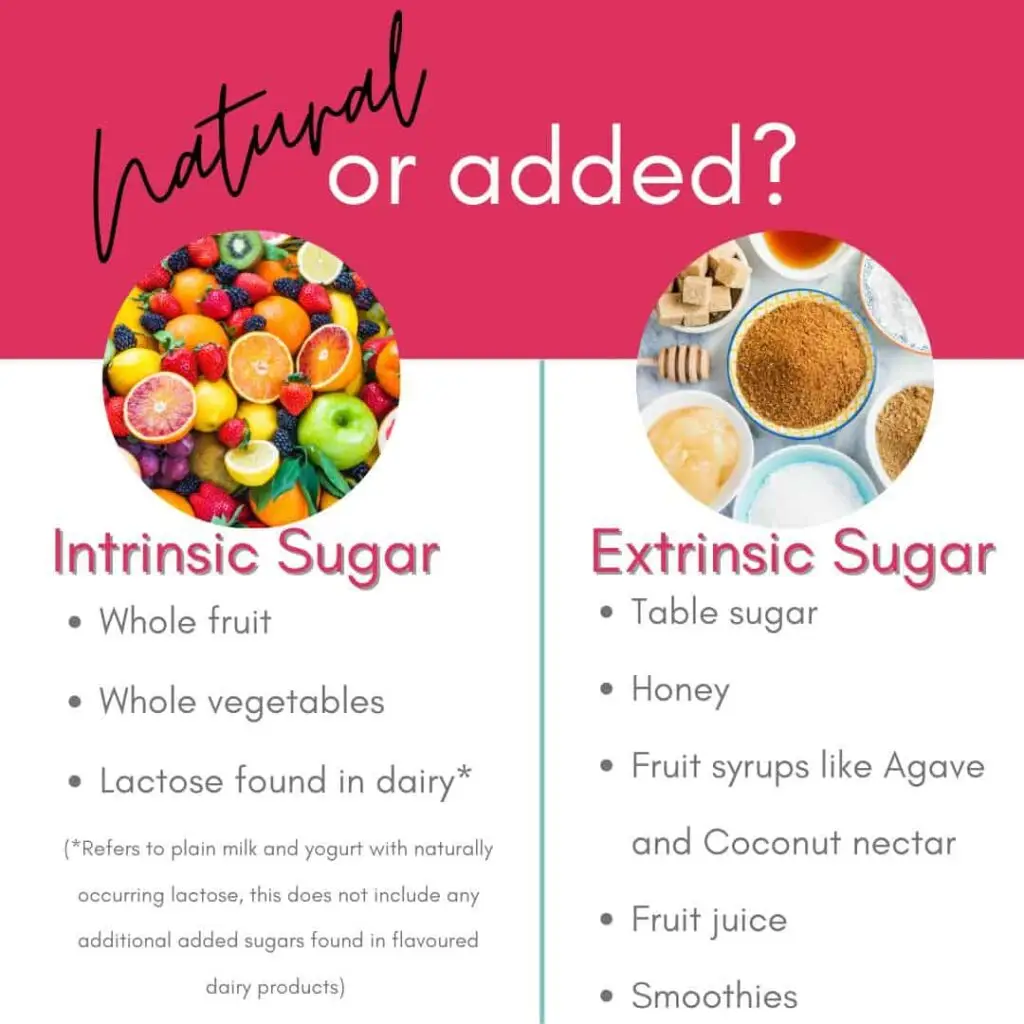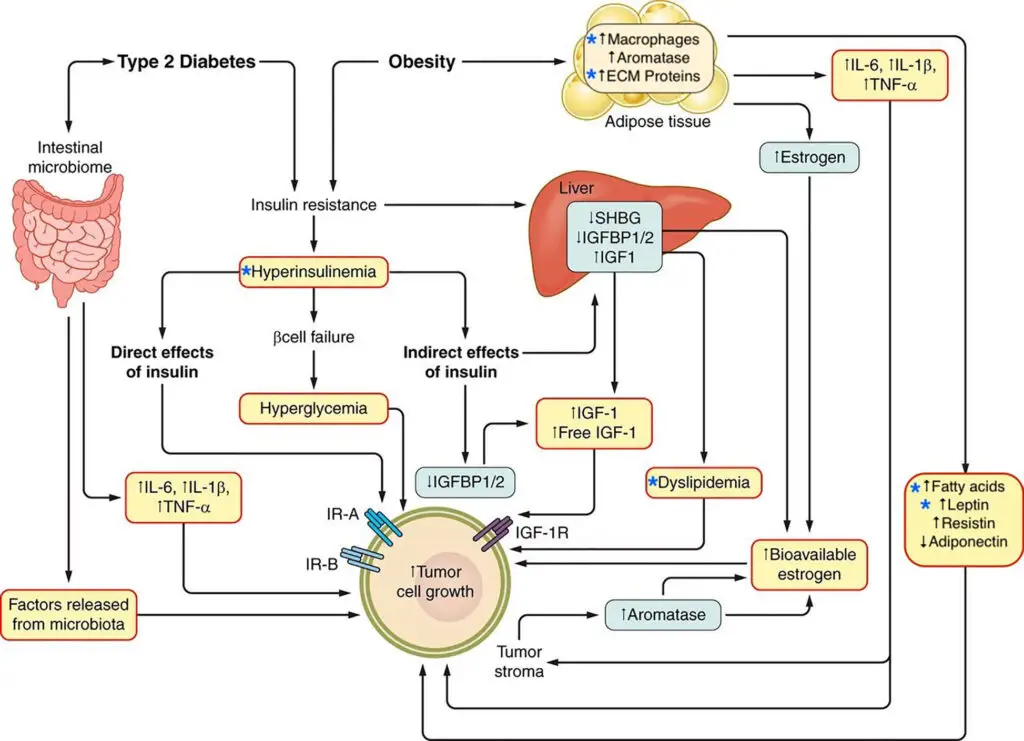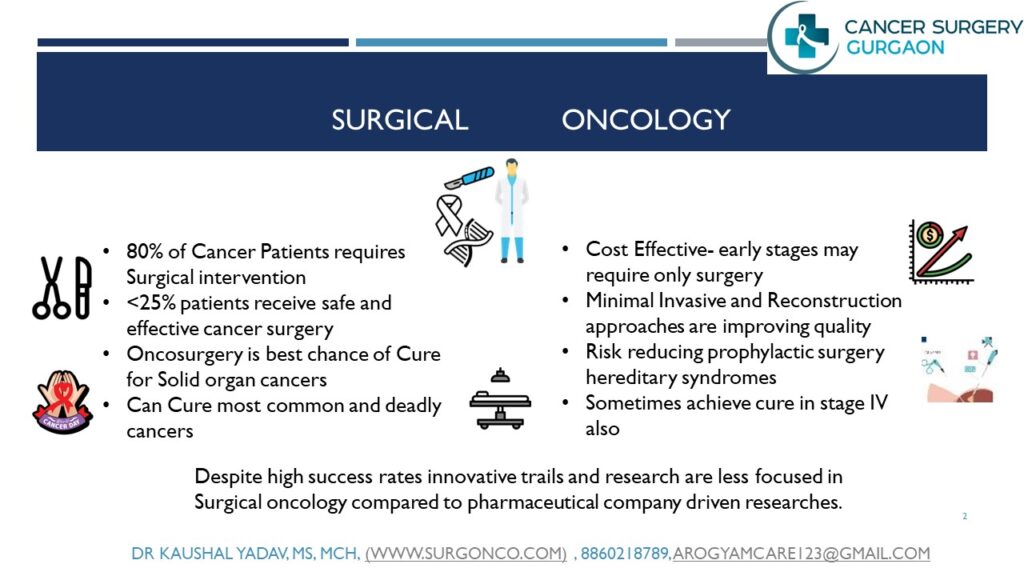Sugar and Cancer: Separating Fact from Fiction
Hello friends! Have you ever wondered whether the sugar that adds taste and energy to our lives is hiding a deeper health secret? Today, let’s explore some key questions:
- Does sugar really cause cancer?
- Should cancer patients completely avoid sugar?
- Are some types of sugar beneficial?
- Is the visible sugar in our food the only culprit, or are there hidden sources increasing sugar levels in our body?
What Is Sugar?
We consume sugar in various forms every day. There are simple sugars like glucose, found in glucose supplements, and fructose, naturally present in fruits. Then, there are complex sugars like sucrose, commonly known as table sugar.
Complex sugars form when molecules of simple sugars combine—such as glucose and fructose joining to create sucrose. When many simple sugar molecules bond together, they form complex carbohydrates, found in foods like rice and bread. Interestingly, the more sugar molecules link together, the less sweet they taste. So, even if a food doesn’t taste sweet, it might still contain sugar.
Our digestive system breaks down carbohydrates into glucose, which serves as the primary energy source for our cells. Regardless of the cell type or function, every cell needs energy to survive—and this energy comes from ATP, which is generated through glycolysis. Even if we completely eliminate carbohydrate sources from our diet, the body creates glucose on its own by breaking down fat and protein, a process known as gluconeogenesis.
So, it would be incorrect to label sugar as an outright enemy of health!
Myth: Does Sugar Fuel Cancer Growth?
Cancer cells grow faster than normal cells, meaning they require more energy and utilize more glucose. This has led to the common misconception that sugar feeds cancer and accelerates its spread.
While scientific studies have investigated this “Sugar Feeds Cancer” hypothesis, none have conclusively proven that sugar directly causes cancer. In contrast, several studies suggest sugar is not solely responsible for cancer development.
Consider this: Indian diets frequently include sweets, while Western populations consume significantly less sugar. Despite this, cancer types often linked to sugar consumption—like breast cancer and colon cancer—are more common in Western countries. Additionally, while overall sugar consumption has declined over time, breast cancer cases continue to rise.
Population-based studies also reinforce this idea—there is no direct correlation between increased sugar intake and higher cancer incidence rates. A 15-year-long Japanese study found no direct link between sugar consumption and colon cancer risk.
Thus, from a practical standpoint, glucose is essential for life’s energy needs and is not directly responsible for causing cancer.
Indirect Link: Sugar, Obesity, and Cancer Risk
While sugar itself may not directly cause cancer, excessive sugar consumption can disrupt calorie balance, leading to weight gain. This, in turn, contributes to insulin resistance and inflammation, both of which are associated with increased risk for certain cancers like breast, colon, and liver cancer.
Now, let’s take an example.
Imagine two meals:
- Traditional Indian meal—Two rotis, lentils, lassi, and 100 grams of sweets.
- Modern fast food meal—A medium-sized pizza and a soft drink.
Which one contains more calories?
Clearly, excessive processed foods and high-sugar diets create a higher risk for obesity-related health conditions rather than sugar alone.
Some promote fasting as a cancer-control method, but without weight management, a balanced diet, and regular exercise, fasting does not play a proven role in preventing or controlling cancer.
Thus, the key takeaway is:
- Follow a balanced diet based on daily calorie intake.
- Avoid high glycemic index foods and processed foods.
- Prefer fiber-rich foods, fresh fruits, and vegetables to maintain a healthier lifestyle.
Natural vs. Added Sugars
Natural sugars are found in fruits, dried fruits, milk, and certain plants, whereas added sugars are refined and processed sugars, often unknowingly consumed in packaged foods.
High-sugar, low-nutrition diets come from soft drinks, fruit juices, desserts, cakes, ice creams, chocolates, breakfast cereals, and candies—many of which we assume to be healthy without checking their labels.
One common artificial sweetener is high-fructose corn syrup, frequently used in processed foods, soft drinks, and fruit juices. Overconsumption has been linked to weight gain, diabetes, and metabolic disorders.
Here’s an interesting comparison:
- A banana naturally contains 14g of sugar—yet it is far healthier than many “low sugar” packaged foods.
Daily Safe Sugar Limits:
- American Heart Association recommends no more than 9 teaspoons (men) and 6 teaspoons (women) per day.
- WHO suggests that added sugars should constitute less than 10% of daily calorie intake (For a 2000-calorie diet, that’s 50g or 12 teaspoons of added sugar).
Sugar Alternatives: Are They Really Healthier?
Artificial sweeteners may help reduce calorie intake, but they are not necessarily healthier and provide no nutritional benefits. Some may even have negative health effects, making it best to consume them in moderation.
- Jaggery (unrefined cane sugar)—Better than refined sugar due to its mineral content (iron, magnesium, potassium) and lower glycemic index. However, excessive consumption can still be harmful.
- Stevia—A natural plant-based sweetener, low in calories and carbohydrates. While purified stevia is FDA-approved, raw stevia leaves or less-purified extracts lack sufficient research for approval.
- Allulose—A low-calorie sugar alternative that mimics the taste of sugar but is minimally absorbed by the body. Found naturally in figs, raisins, and wheat, it helps regulate blood sugar, but excessive intake may cause digestive issues.
WHO Warning: Artificial sweeteners are not recommended for weight loss.
The Best Sugar Alternative?
Seasonal fresh fruits! They offer natural sweetness, along with fiber, vitamins, and essential nutrients. Similarly, dry fruits like figs, dates, and raisins are excellent choices.
No matter whether sugar is natural or added, moderation is key—because excessive consumption can lead to serious health consequences.
Research Conclusion: The Final Verdict
Sugar, by itself, does not cause cancer. However, overconsumption can lead to obesity and inflammation, indirectly raising cancer risk. The safest approach? Moderation and a balanced diet!

Tips for a Healthy Diet
- Whole Foods First—Eat fruits, vegetables, and whole grains with natural sugars and high nutritional value.
- Read Labels Carefully—Many products hide added sugars under alternative names.
- Daily Exercise—Helps balance weight and energy levels for overall health.
To Know more about cancer prevention
Discover more from CancerSurgery
Subscribe to get the latest posts sent to your email.





